Quantum Navigation: Next Generation Capabilities for Aerospace and Defense Platforms with Q-CTRL
At Quantum World Congress 2025, Aravind Ratnam, Chief Strategy Officer at Q-CTRL, delivered a keynote exploring how quantum navigation is moving beyond the limits of GPS to deliver resilient, ultra-precise positioning in contested and GPS-denied environments.
Ratnam began by highlighting a milestone: “True quantum advantage is here… quantum-assured navigation is changing the world.” Unlike quantum computing, which remains years away from full-scale impact, quantum sensing is today’s market-ready frontier. He argued that navigation is one of the most urgent use cases, given how deeply society depends on GPS and how vulnerable that system has become to interference.
The fragility of GPS
Global Positioning System signals are extraordinarily weak and can be easily jammed or spoofed. From small-scale jammers available online for a few hundred dollars to state-sponsored interference that can block signals for hundreds of kilometers, disruptions have become routine. Ratnam cited high-profile cases of airliners losing GPS mid-flight—including European Commission President Ursula von der Leyen’s recent flight, which was forced to land using paper maps after suspected Russian interference.
The consequences are not just inconvenient—they’re expensive and dangerous. By some estimates, a single day without GPS costs the U.S. economy over $1 billion. “GPS denial has become a big problem,” Ratnam explained, describing it as an “electromagnetic iron curtain.”
The promise of quantum sensing
Q-CTRL’s approach leverages quantum magnetometers and gravimeters—devices sensitive enough to detect subtle geophysical features in the Earth’s crust and core. By reading these unique “fingerprints,” platforms can determine their location independently of satellites.
“Think of it like orienteering,” Ratnam said. “If you can work out exactly where you are on the Earth’s magnetic map, you can navigate without GPS—and that is huge.”
Unlike classical alternatives such as inertial navigation, which drifts over time, quantum sensors provide stable reference points. Q-CTRL has demonstrated that its technology can bound error growth and maintain meter- to tens-of-meters-level accuracy for long-duration flights, even in complete GPS outages.
The noise problem—and the solution
The main technical challenge has been platform noise: the electromagnetic and vibrational interference from aircraft, ships, and other vehicles. Left uncorrected, noise overwhelms the faint signals quantum sensors are designed to detect.
Q-CTRL’s breakthrough lies in combining artificial intelligence with quantum physics to filter out that noise in real time. Its denoising algorithms adapt rapidly to different vehicles, flight maneuvers, and equipment loads, requiring minimal tuning. Ratnam described how their system can be mounted on helicopters, planes, or large drones and “learn” to operate effectively after only a short in-flight calibration.
From the lab to the flightline
Q-CTRL has already accumulated dozens of hours of flight testing, including at altitudes up to 19,000 feet and through highly dynamic maneuvers. Early results show the company’s system outperforming best-in-class alternative navigation technologies by over 100×.
The company is now preparing for broader deployment. Its rack-mountable product, Ironstone Opal, integrates with existing inertial navigation systems and can be adapted to multiple form factors. “We’re already in talks with commercial airlines and defense partners,” Ratnam noted. Investors including Airbus and Lockheed Martin are helping accelerate this transition.
Beyond the skies: Maritime applications
While magnetic navigation works well in the air, at sea the story shifts to gravity. Q-CTRL is developing quantum gravimeters for submarine and naval navigation, using the same AI-denoising methods to filter out vibrational and environmental noise. In partnership with DARPA through the Robust Quantum Sensors (RoQS) program, the company is advancing more robust, sensitive systems designed for long-term deployment in contested domains.
Looking ahead
Ratnam closed with a call to recognize that the future of navigation is already arriving. Quantum navigation won’t replace GPS, but it will provide a critical complement—ensuring that defense, aerospace, and eventually commercial sectors have access to secure, reliable navigation when satellite signals are unavailable.
“This is today’s problem, and quantum sensing is today’s solution,” he said.

